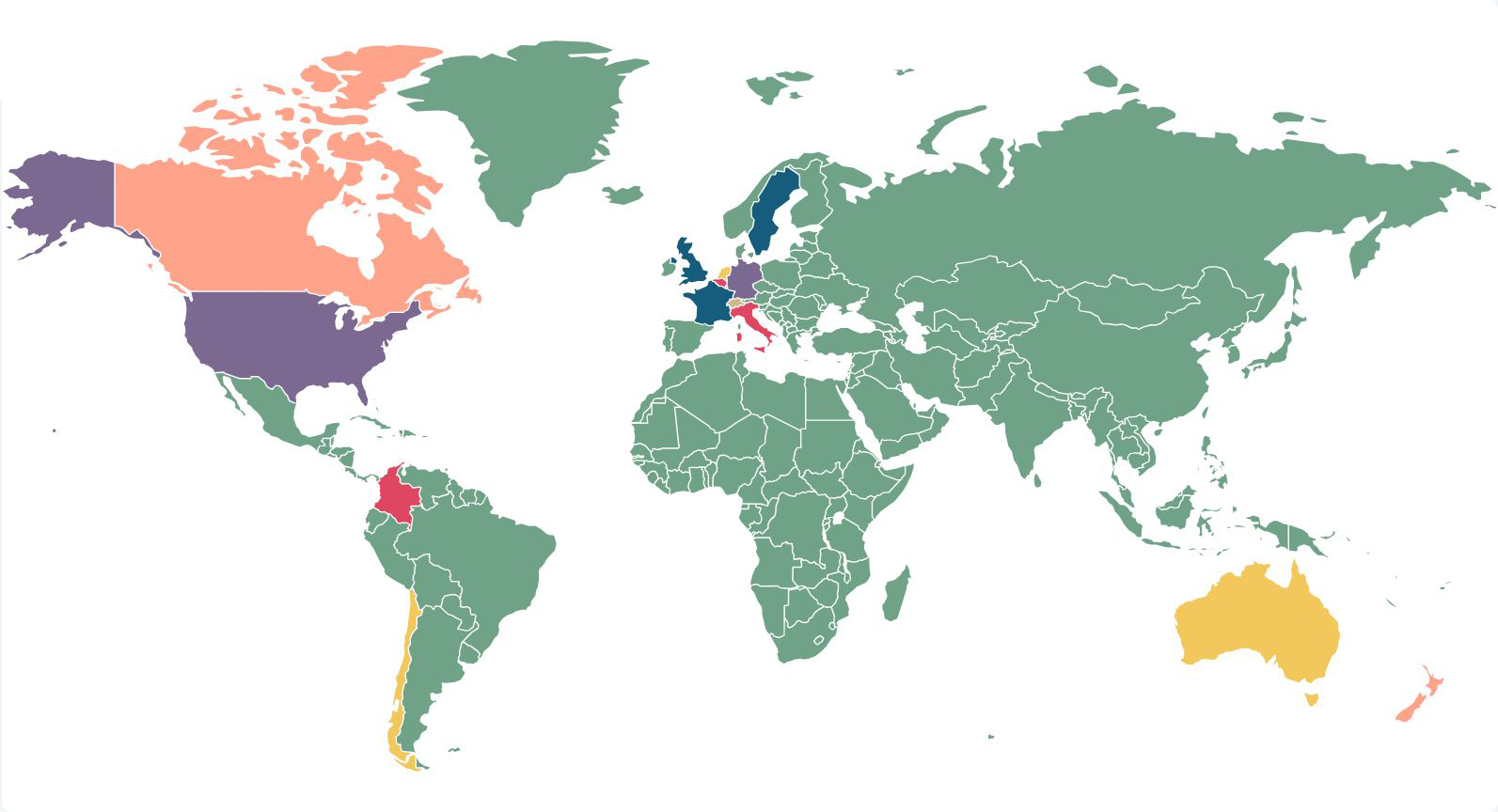The Automated Vehicles Act 2024 passed into law in May. Full implementation, though, will require passing numerous regulations relating to operator licensing, marketing restrictions, information gathering, investigatory and monitoring powers, policing and adjustments to existing vehicle legislation. Many of these regulations will require consultations, starting with one on the foundational safety principles. Expect the publication of the statement of safety principles consultation in early 2025, with other consultations on regulations relating to authorisation, operator licensing and marketing restrictions to follow. Given the importance of insurers having a voice in how the UK's motor fleet and road network adapt to these new technologies, insurers should be prepared to offer detailed and considered responses to the consultations.
Informed Insurance
Informed Insurance

Scenario planning in 2025 - In the grip of uncertainty
We are now all operating outside the previous boundaries of our experience, buffeted by forces we cannot predict, let alone control or influence. I...

The ESG "backlash": How to balance competing demands
Climate change and social issues have, for (at least) the last decade, occupied legislative, regulatory and shareholder thinking, with implications...

Developments in climate change litigation: 2025 could herald an expansion in types of claim and remedies
To accompany the fourth edition of our interactive climate change litigation map, we take a deeper dive into the implications of the key decisions ...

Our Top Five Economic predictions for 2025
To highlight our new economic theme on Informed Insurance, Charlotte Shakespeare, Legal Director and editor of our Predictions for 2025, shares her...

Our Top Five ESG predictions for 2025
In our ongoing #DACBCrystalBall series, Charlotte Shakespeare, Legal Director and editor of our Predictions for 2025, shares her Top Five ESG predi...

Predictions 2024 – Charlotte Shakespeare's Top Ten
In our ongoing #DACrystalBall series, Charlotte Shakespeare, Legal Director and editor of our Predictions for 2024, once again shares her Top Ten p...